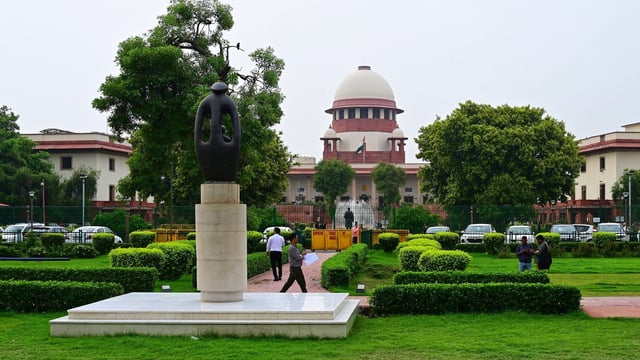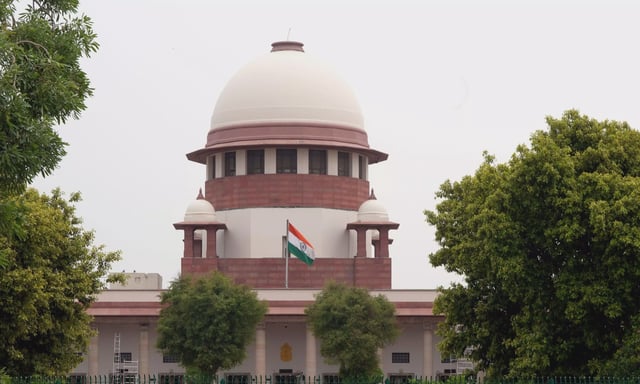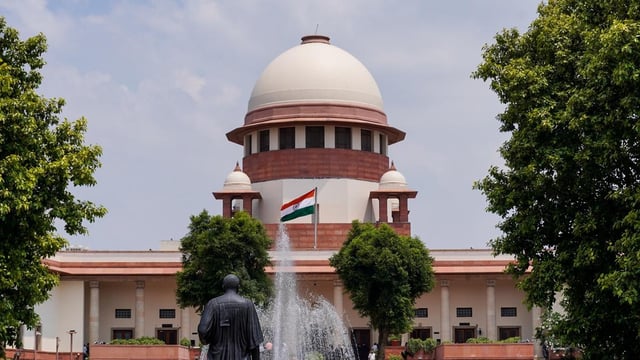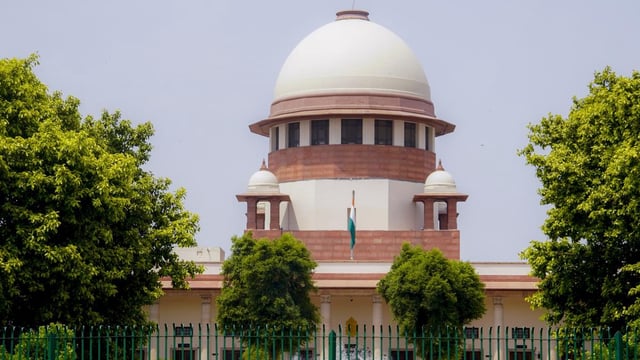Overview
- Counsel for several BJP-ruled states, led by Maharashtra, argued that only governors or the President can grant assent and that courts cannot impose timelines or create “deemed assent,” citing Article 361 immunity.
- The Constitution Bench asked if an interpretation allowing independent withholding under Article 200 would let governors stall bills indefinitely, including money bills.
- Solicitor General Tushar Mehta said the money-bill concern is addressed by Article 207 because such bills require the governor’s recommendation at introduction, though some counsel noted amended versions could still face withholding.
- Chief Justice B. R. Gavai invoked the court’s review of Article 356 actions to question why a governor’s prolonged inaction under Article 200 should be beyond judicial scrutiny.
- The hearings stem from a Presidential Reference under Article 143 after the court’s April 8 ruling that set timelines and, using Article 142, treated 10 Tamil Nadu bills as assented, with Tamil Nadu and Kerala set to defend that decision next.



